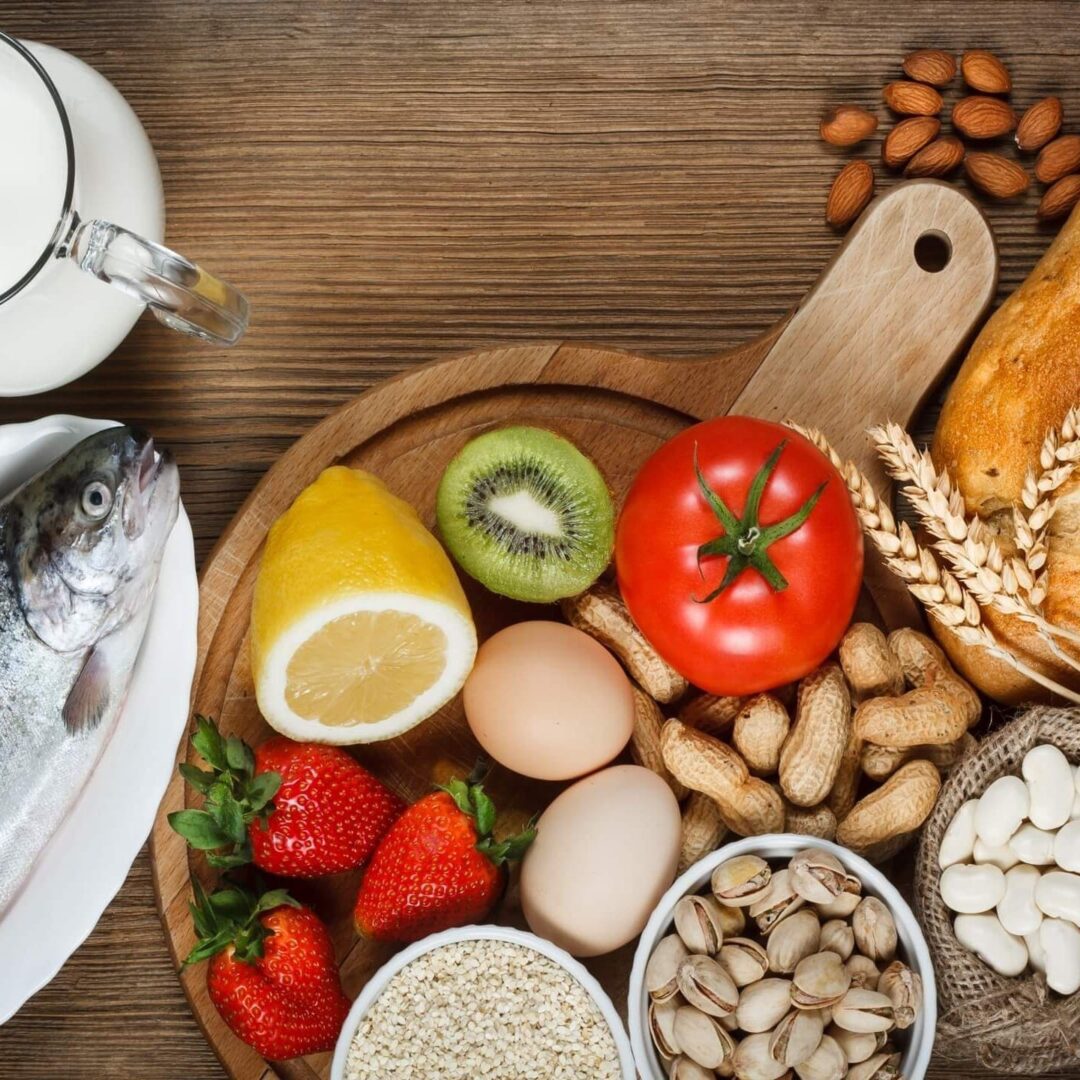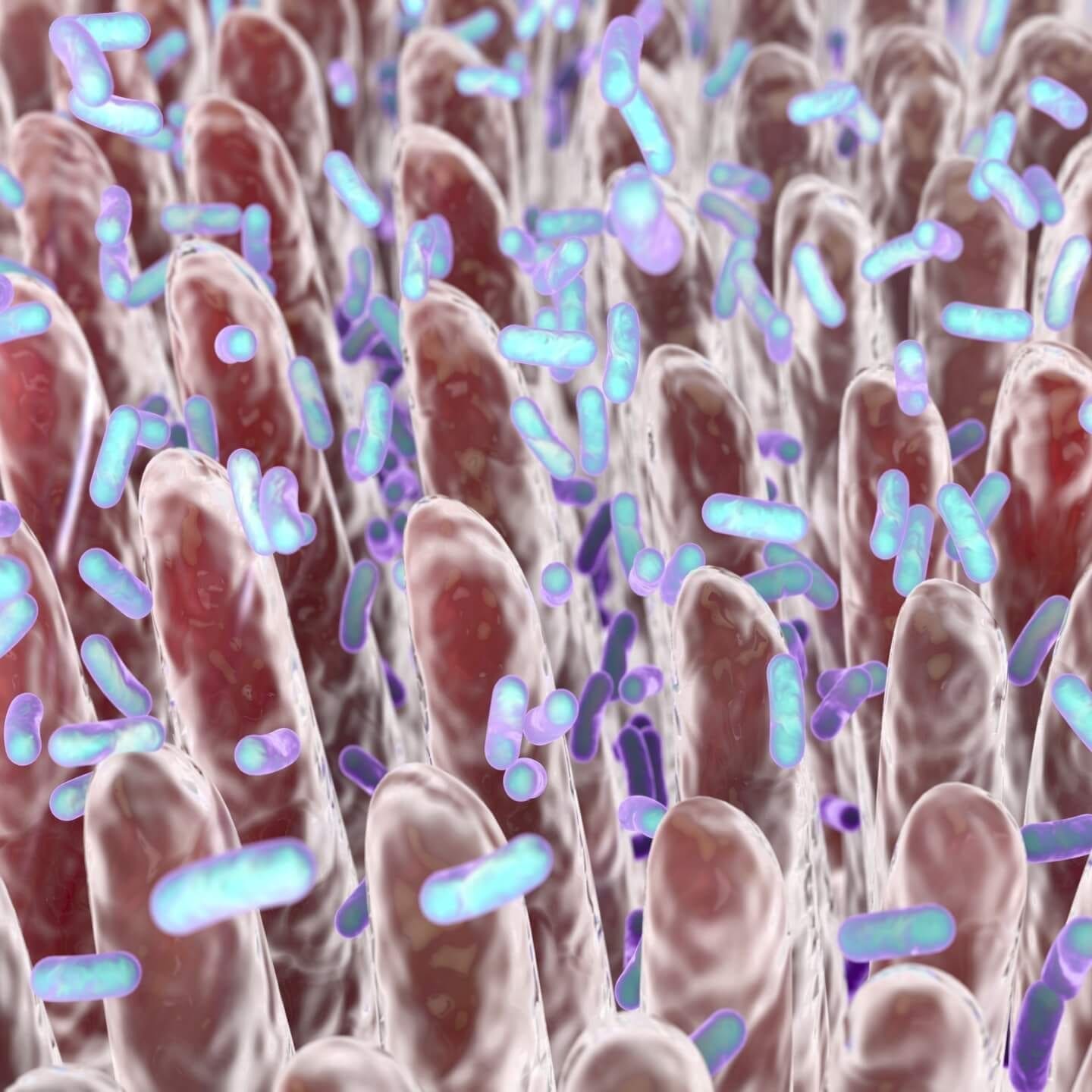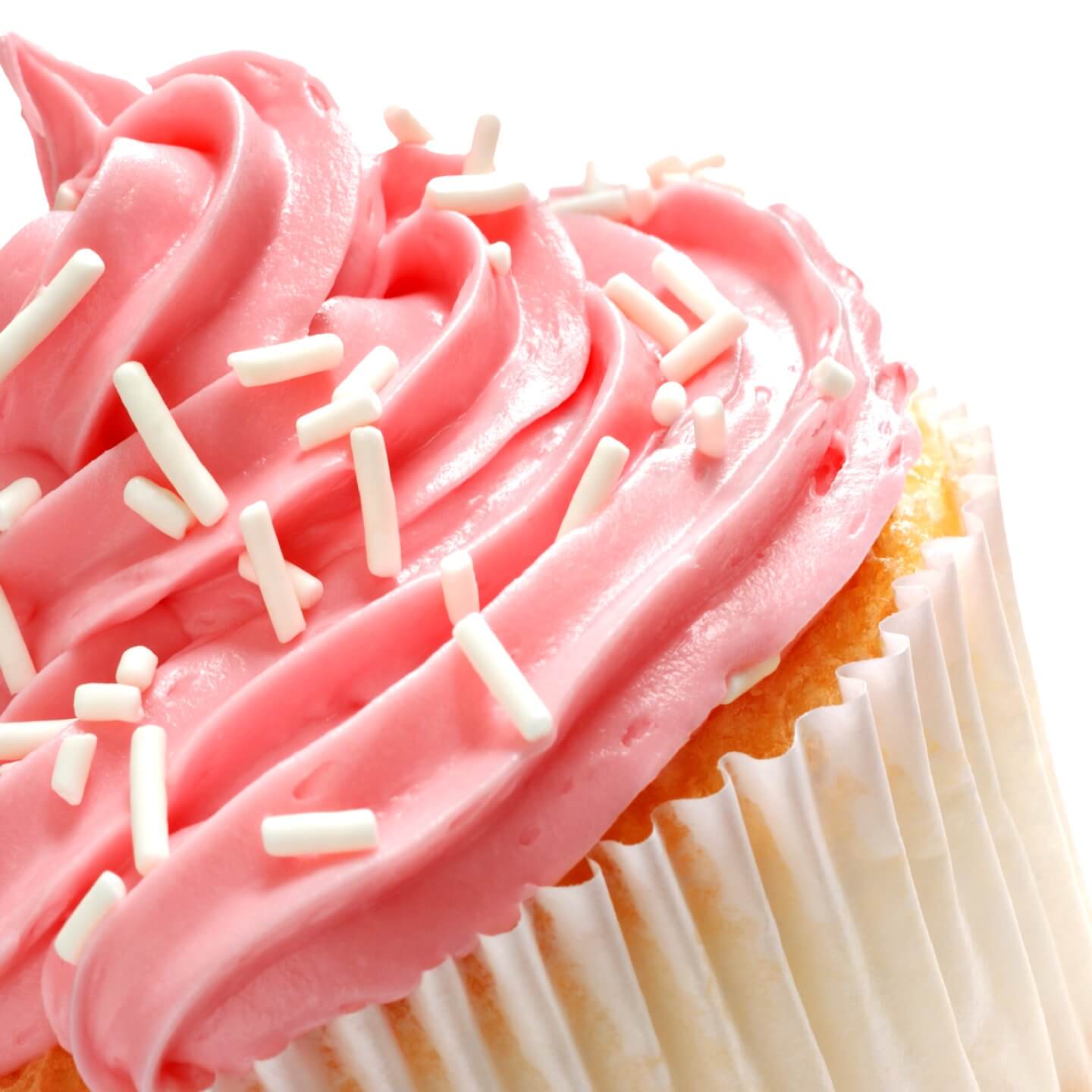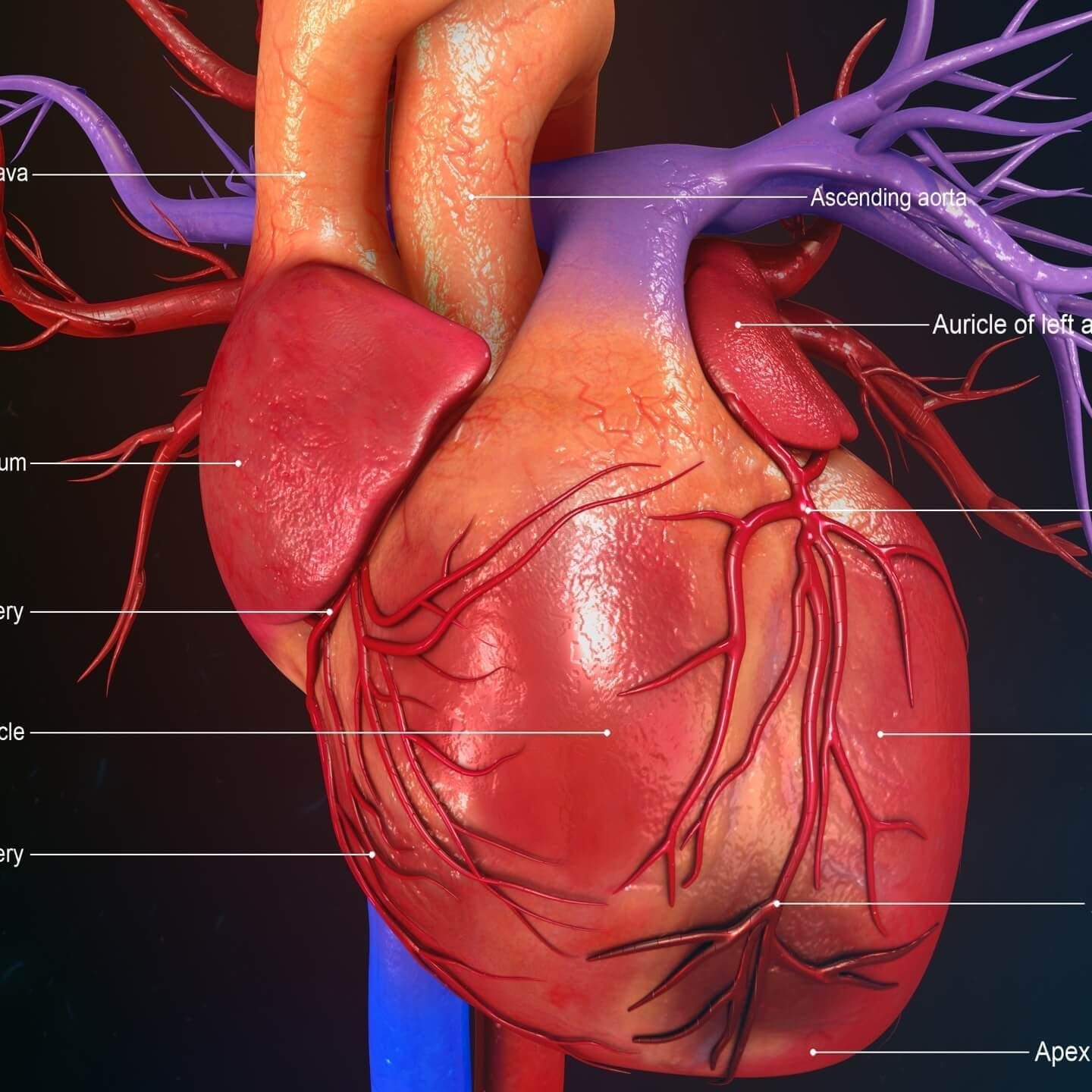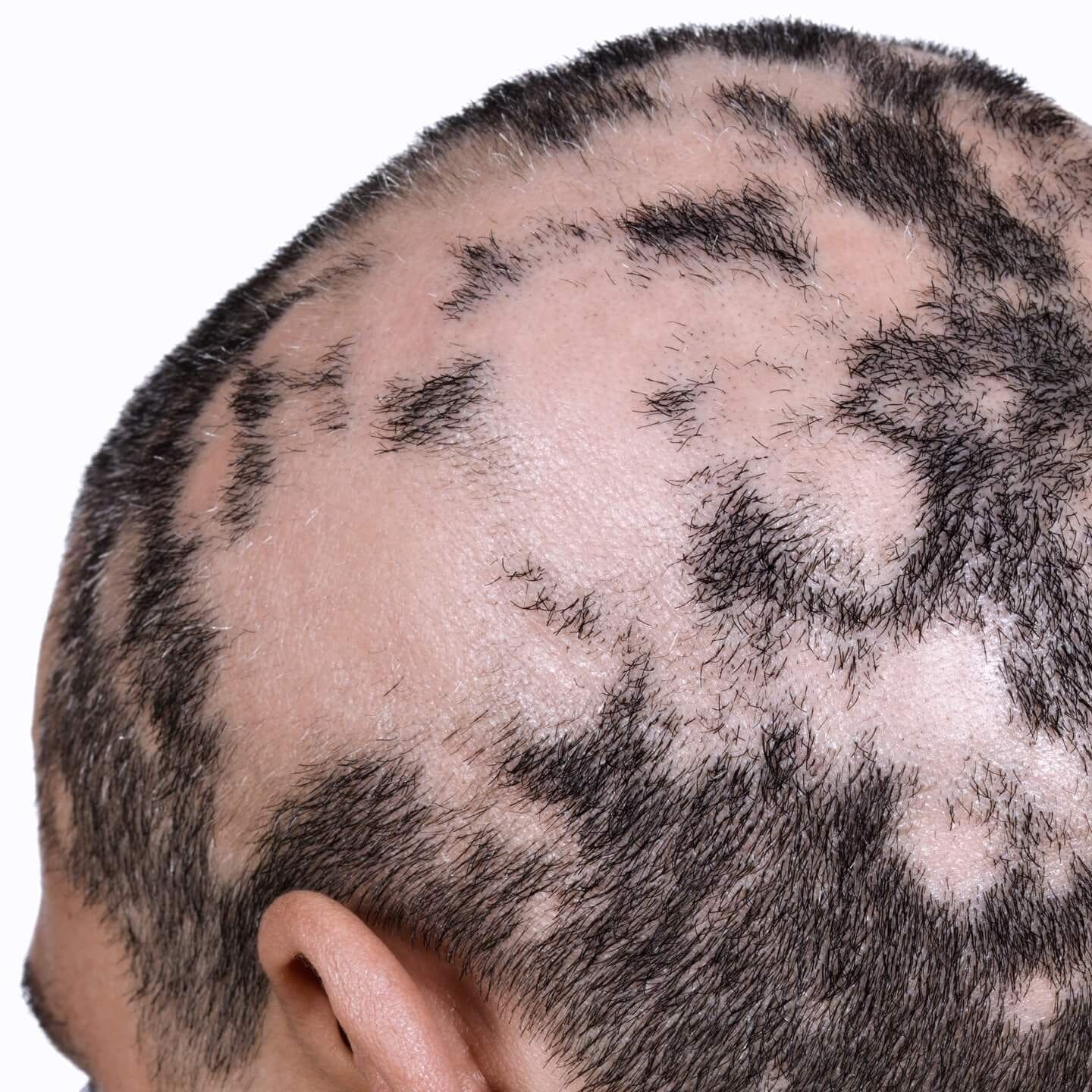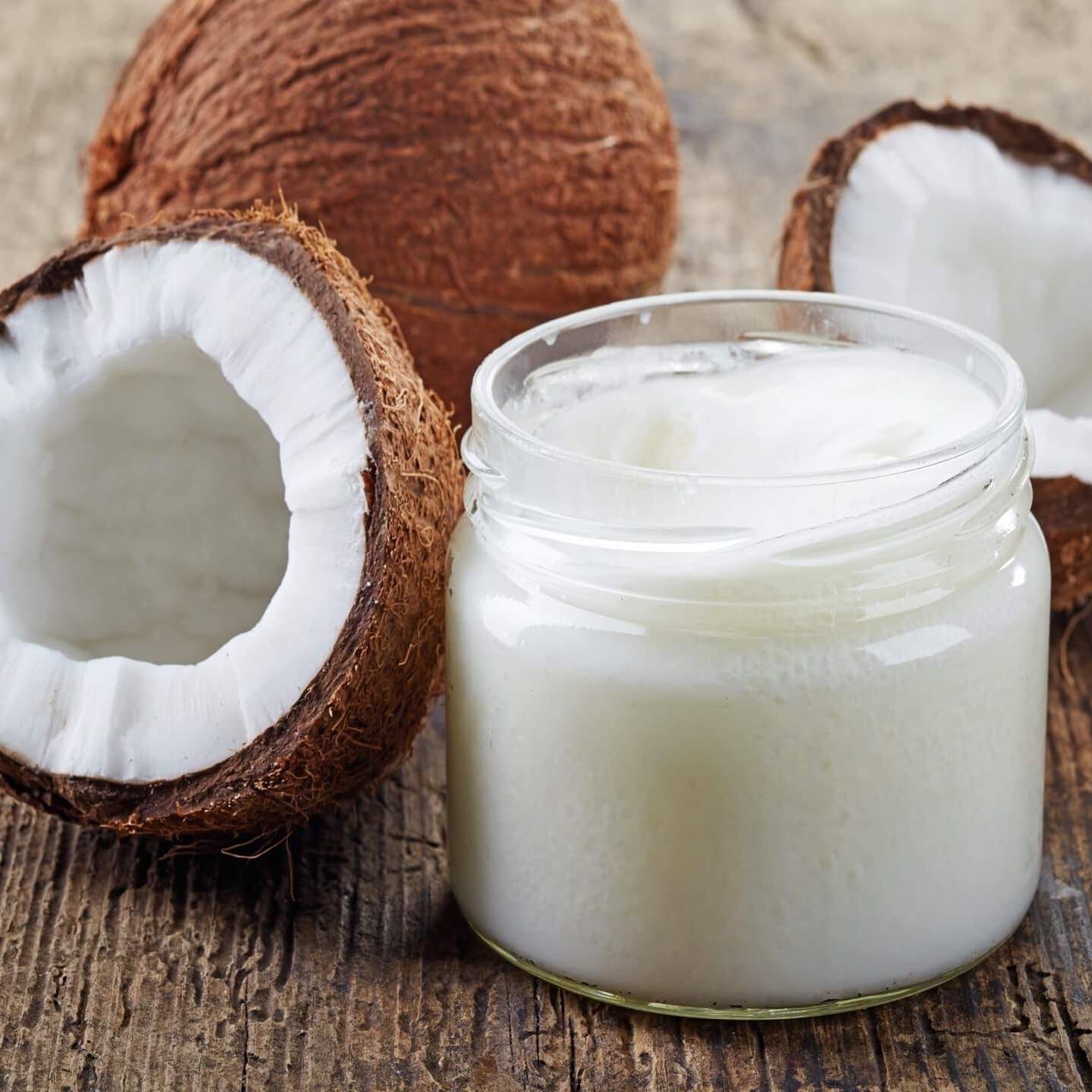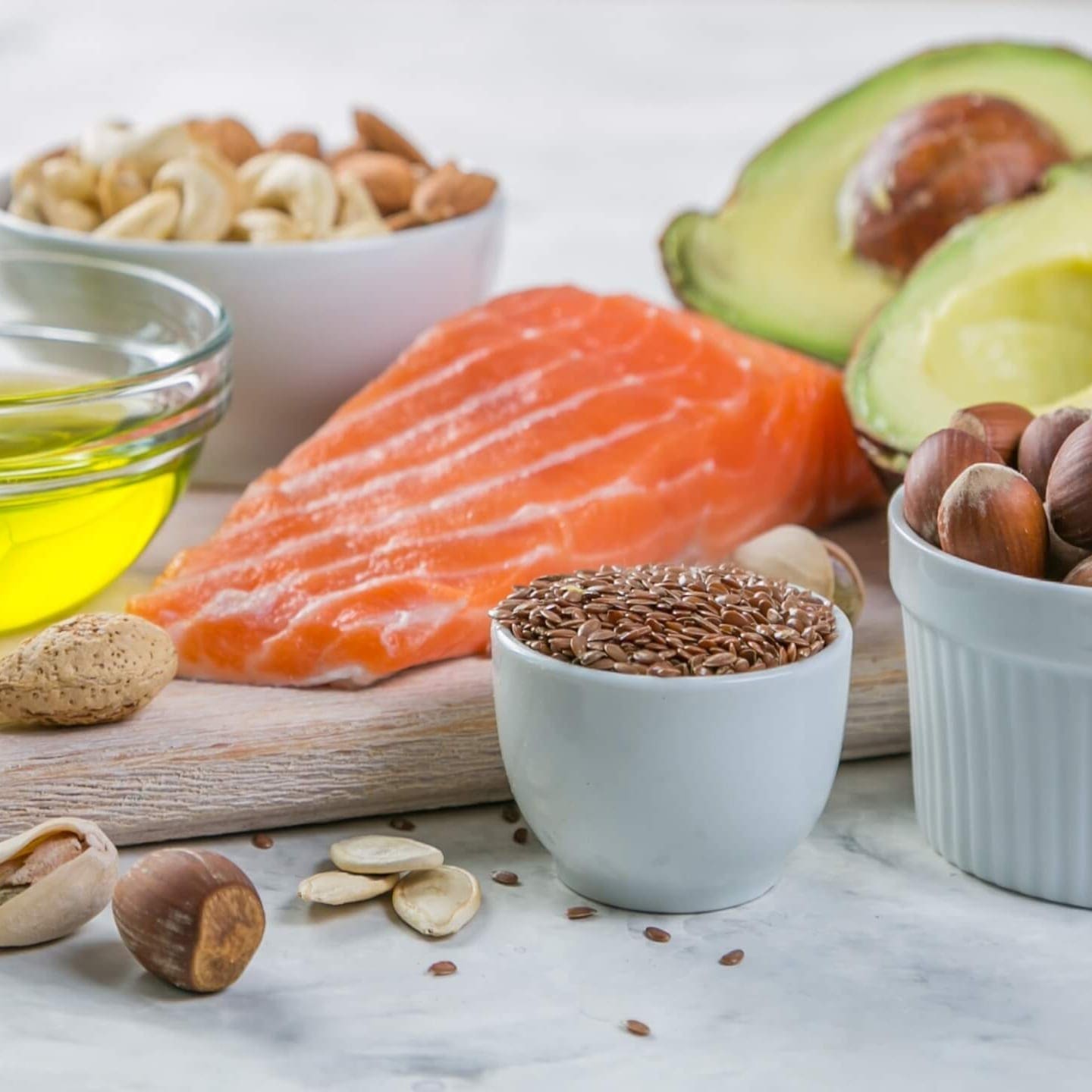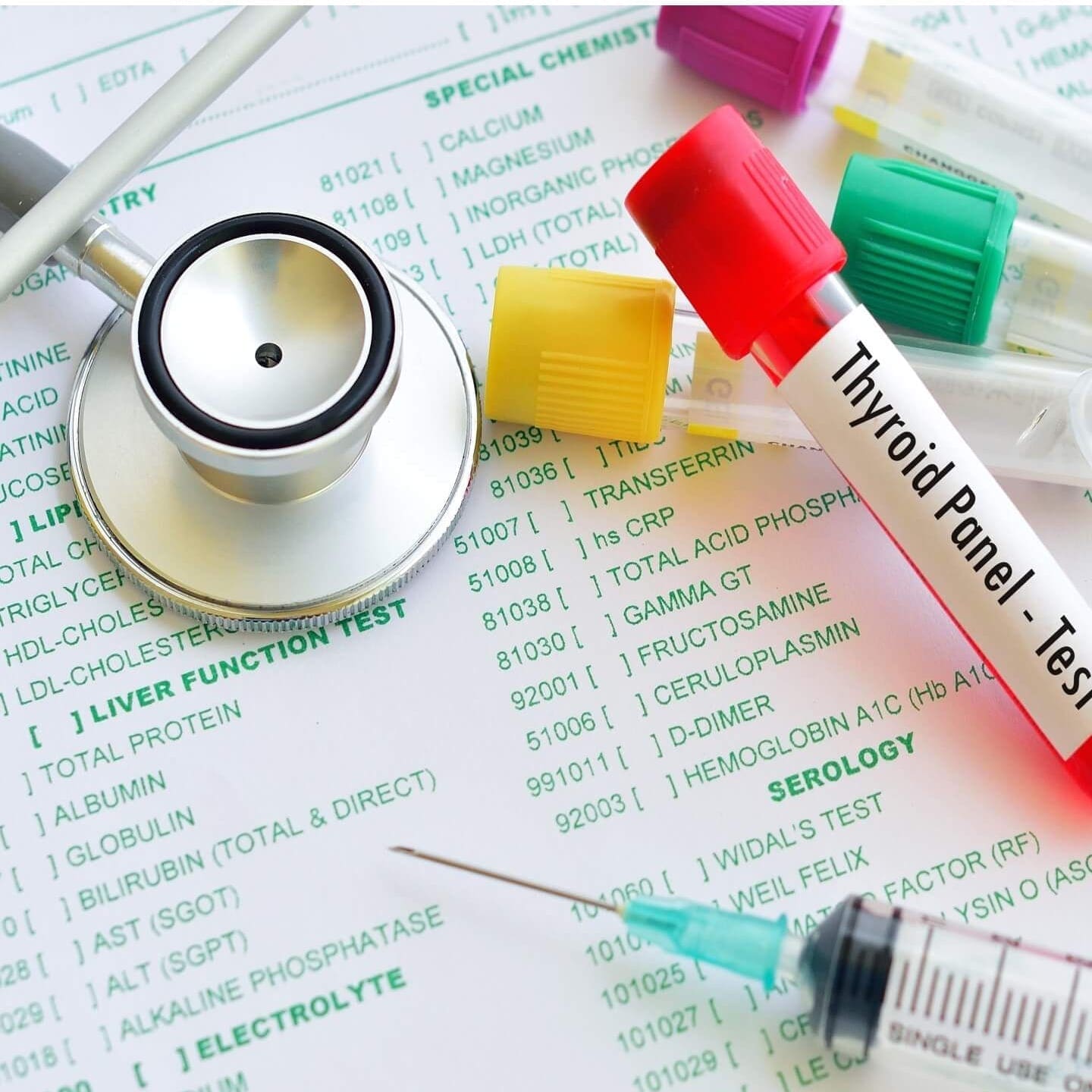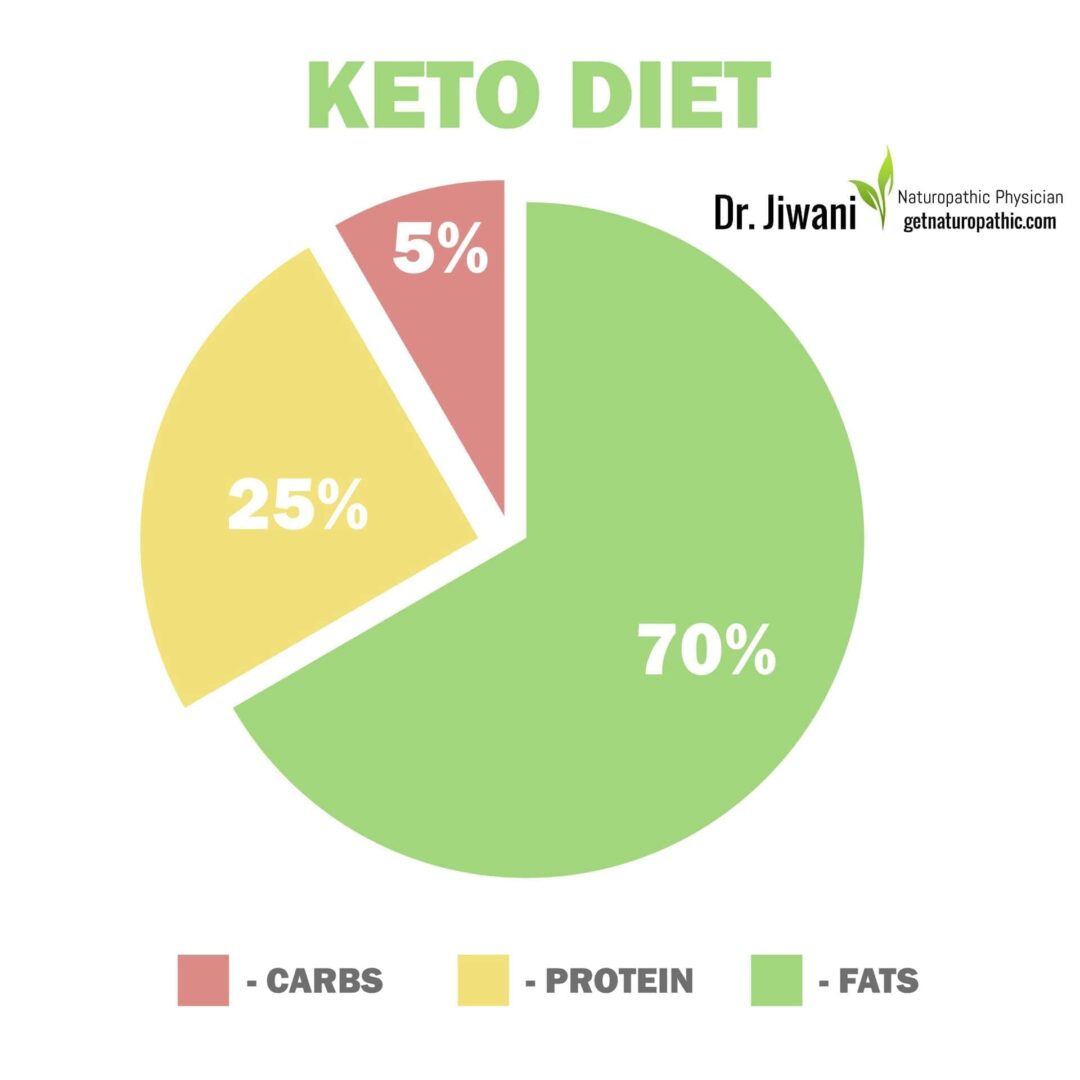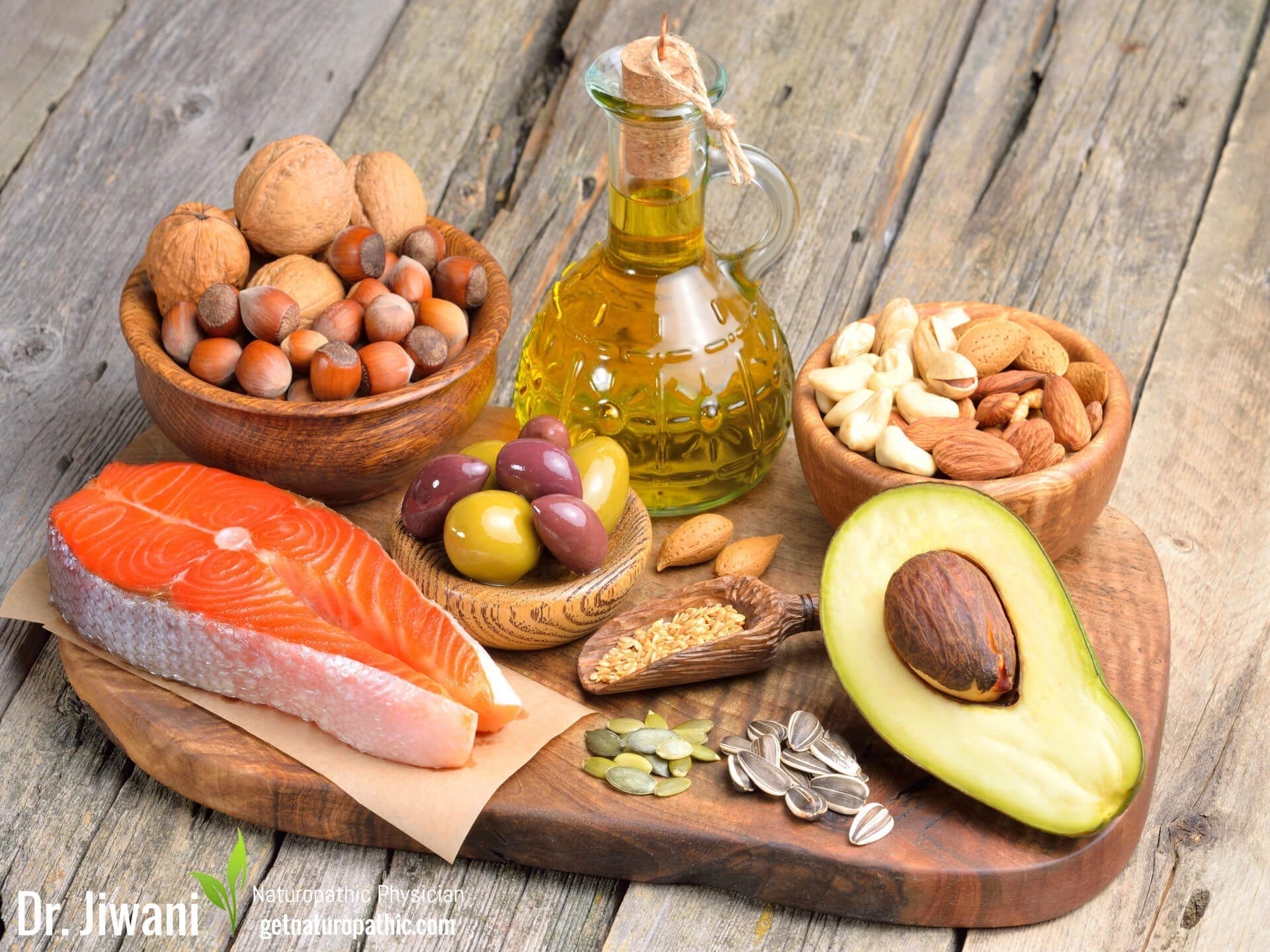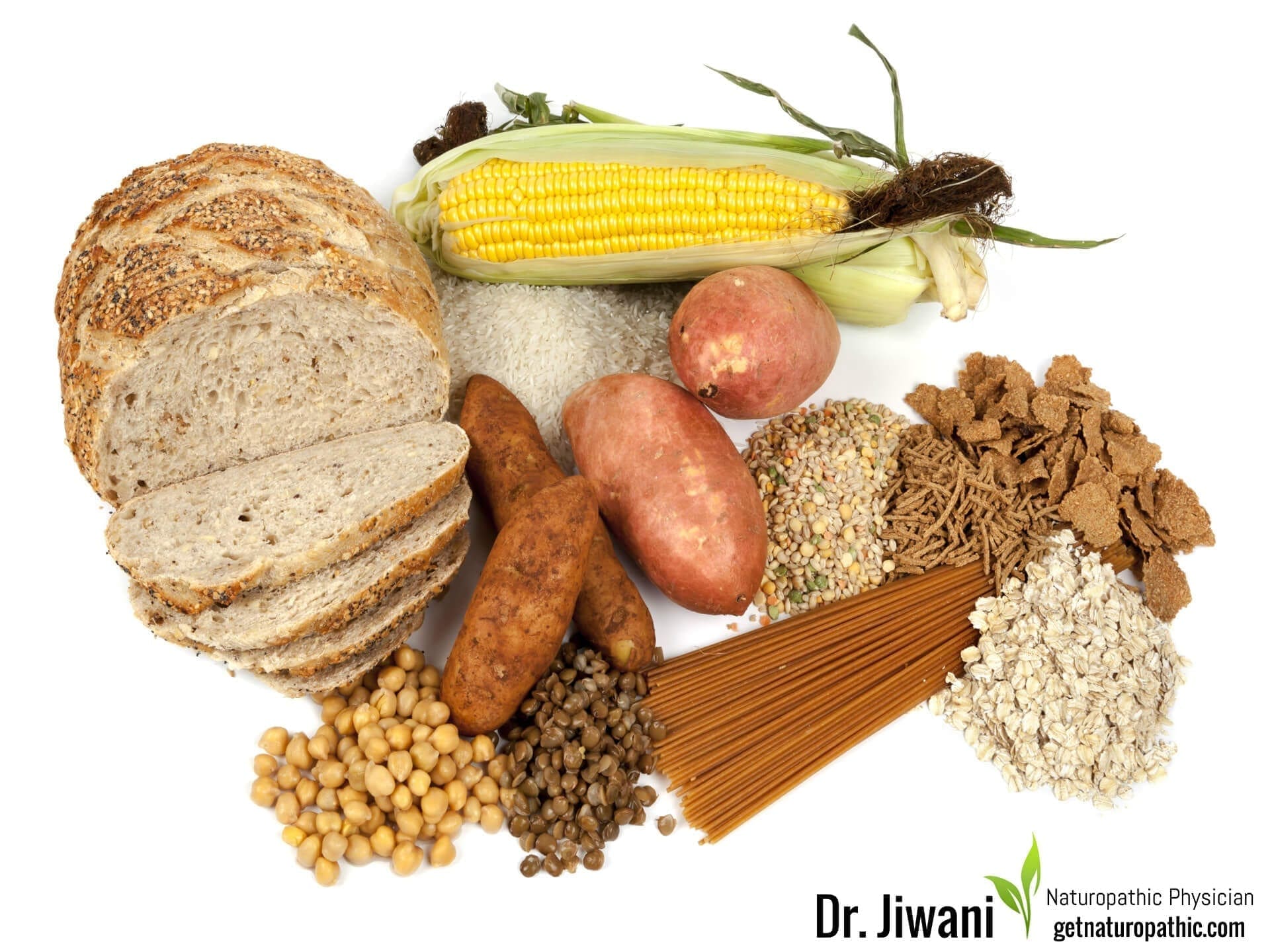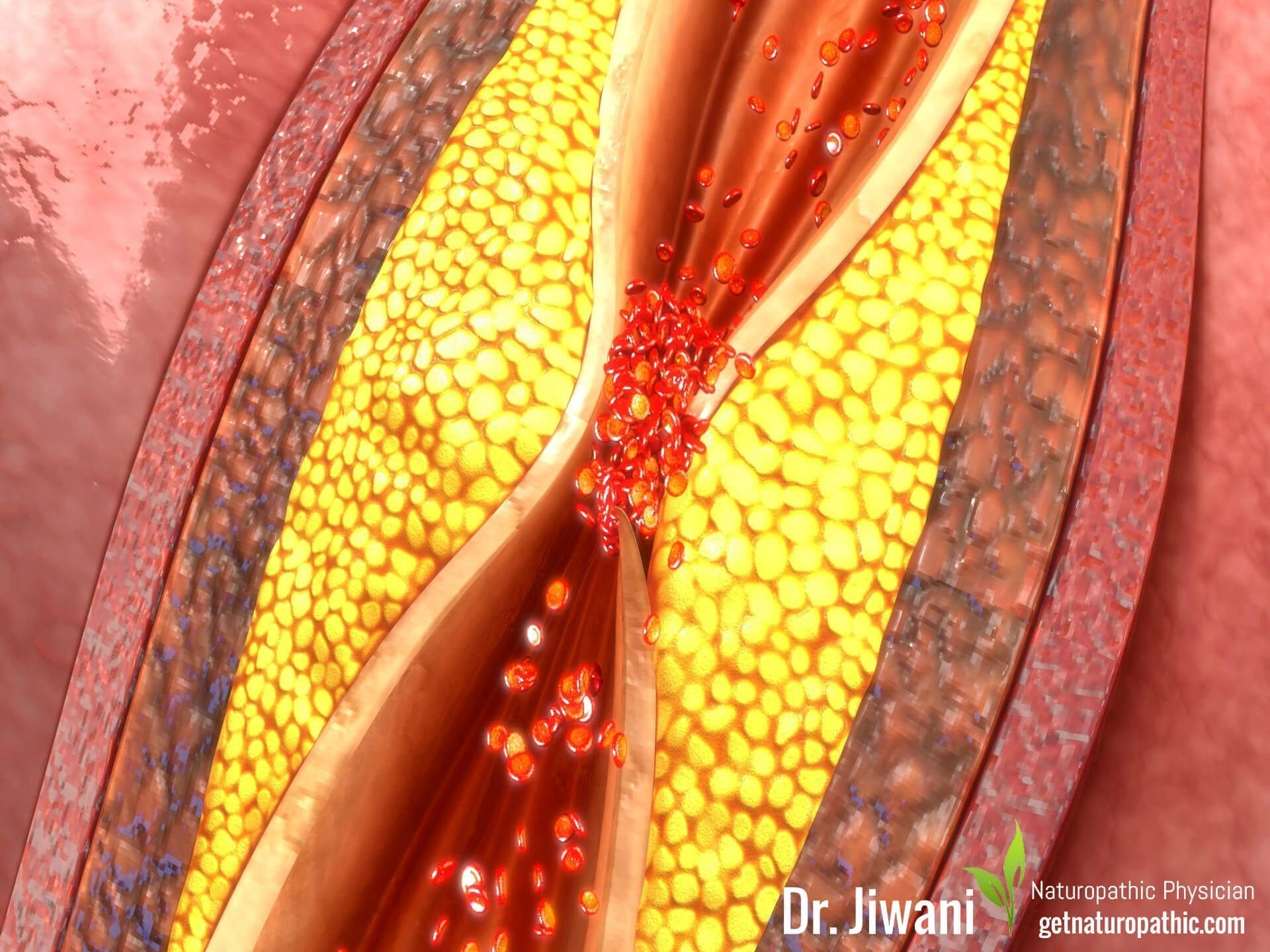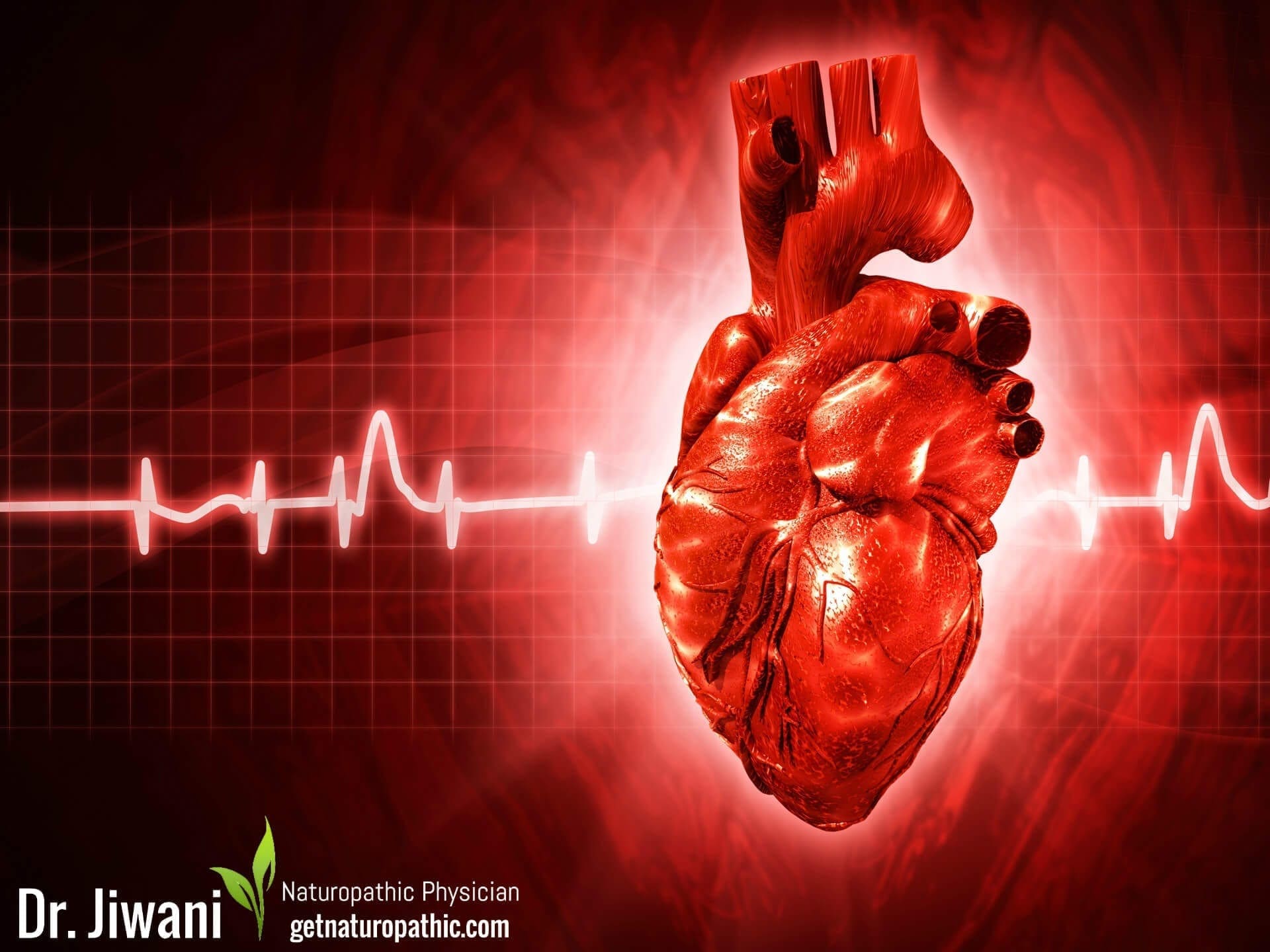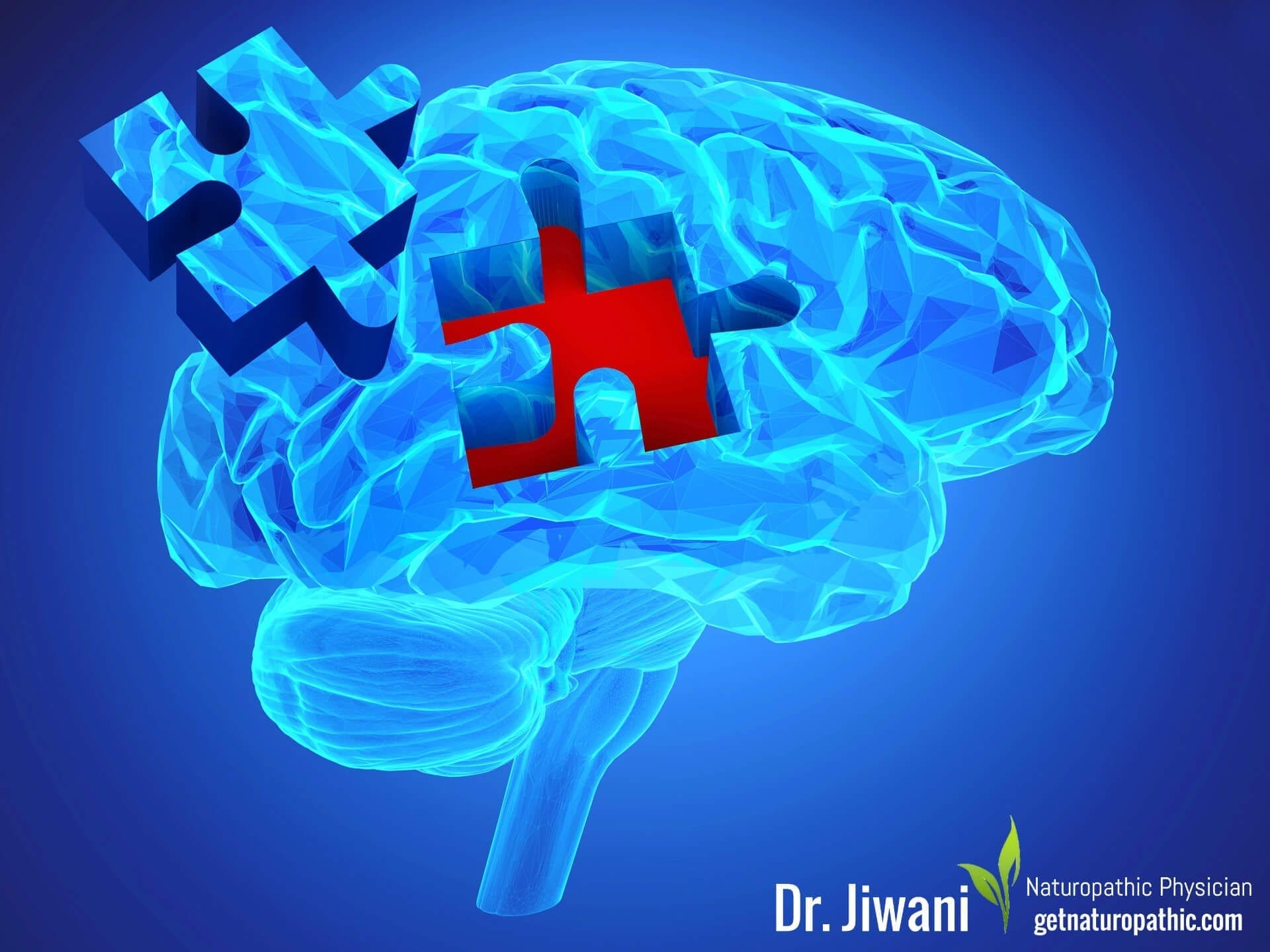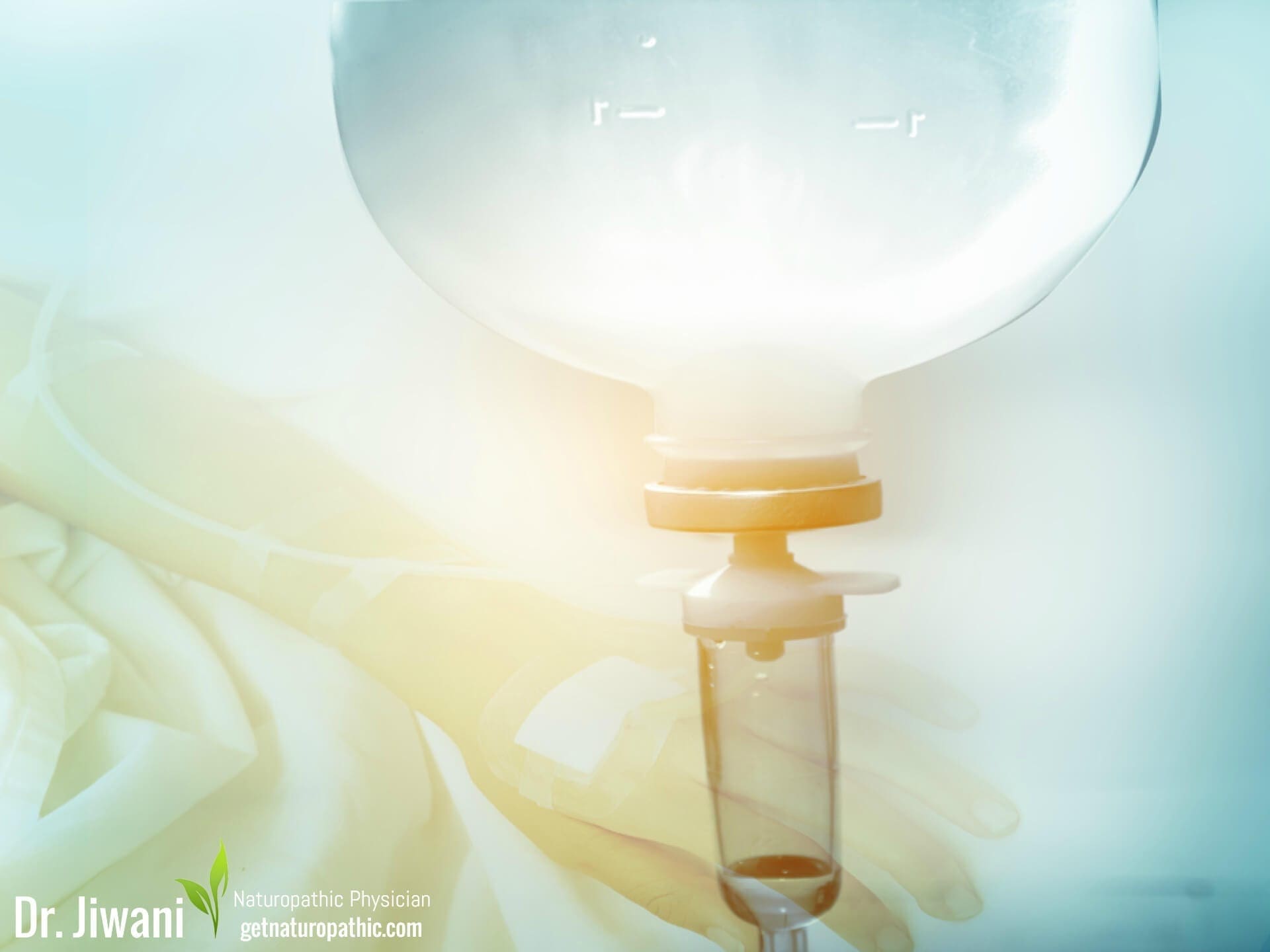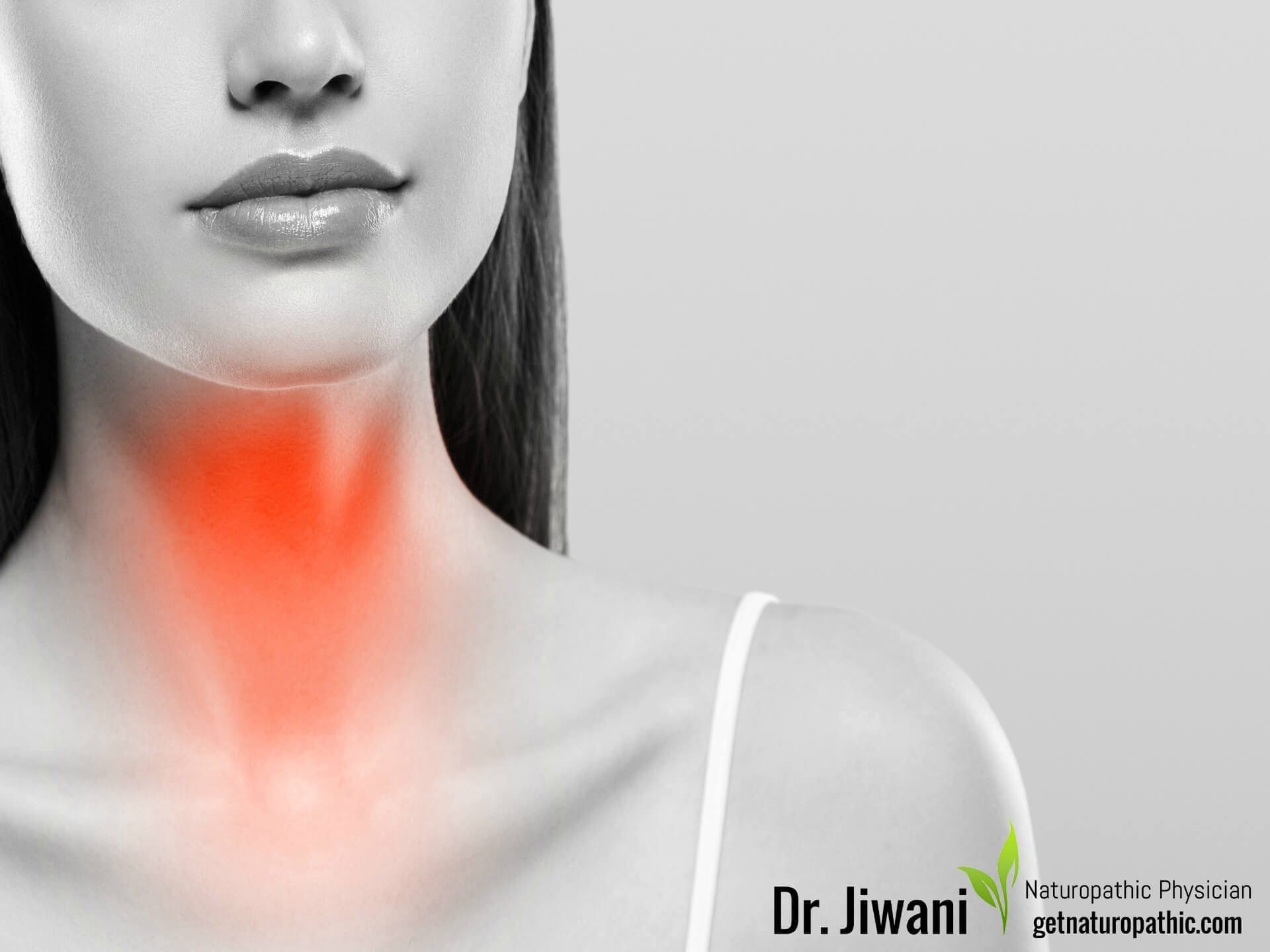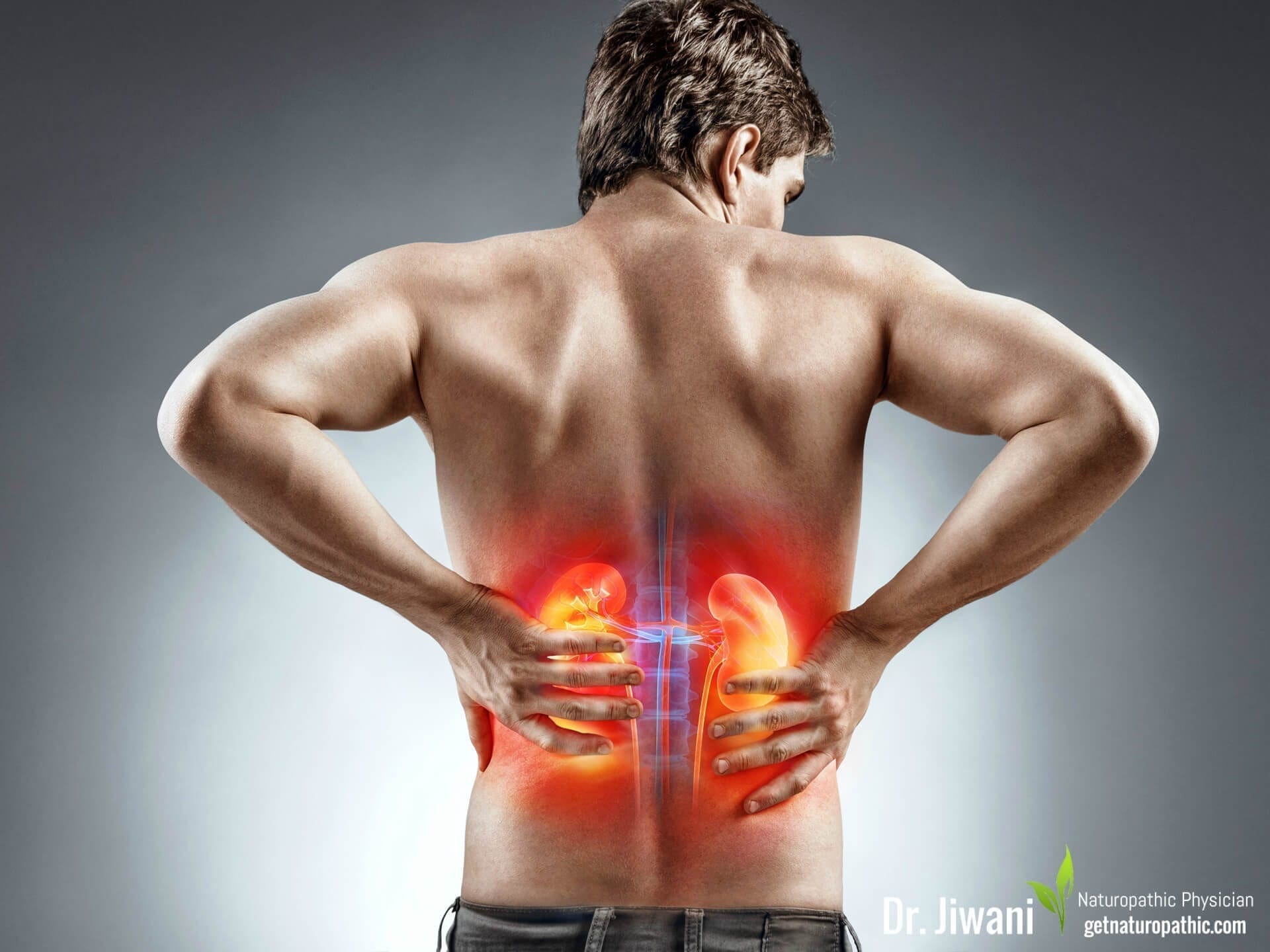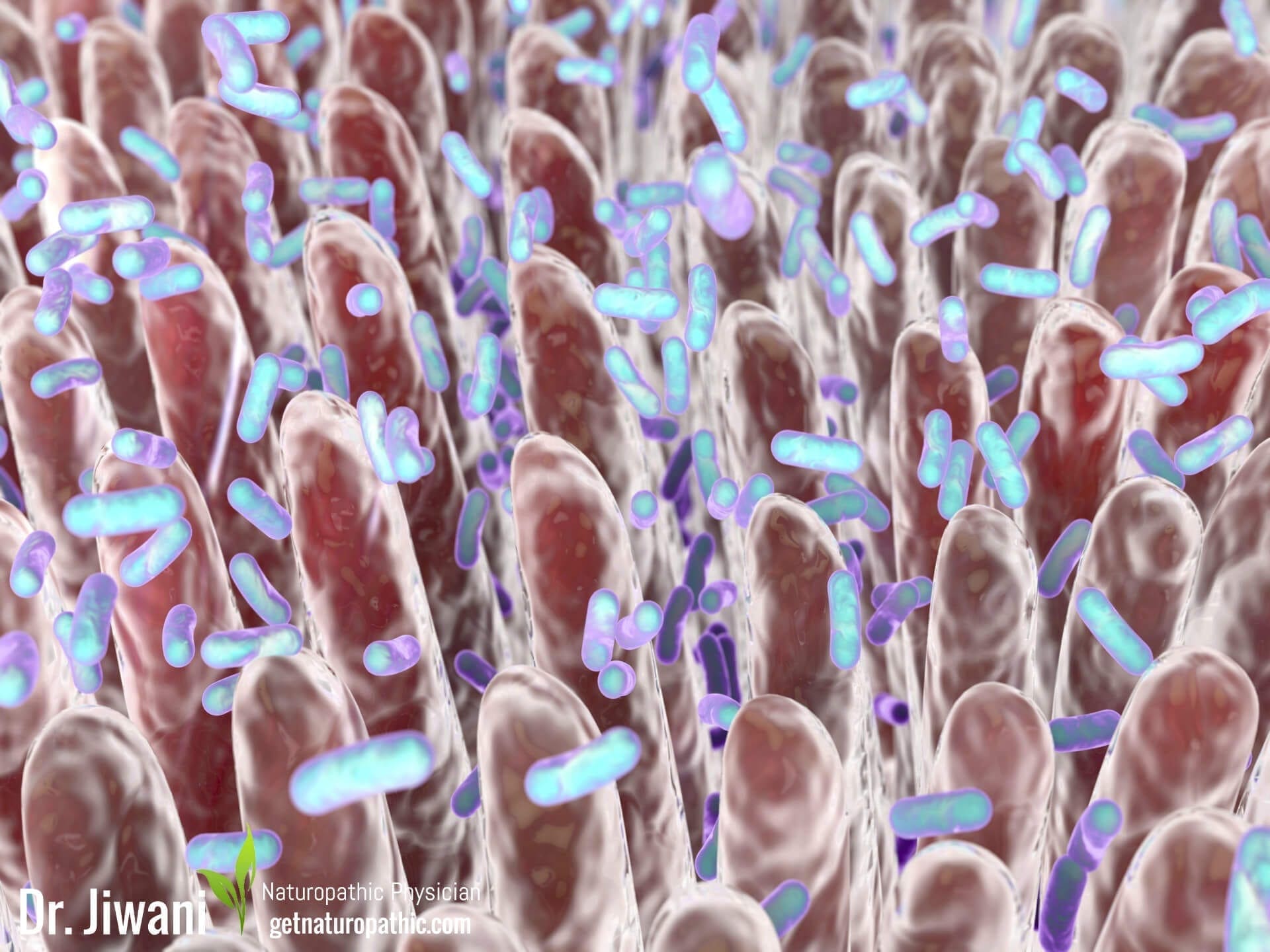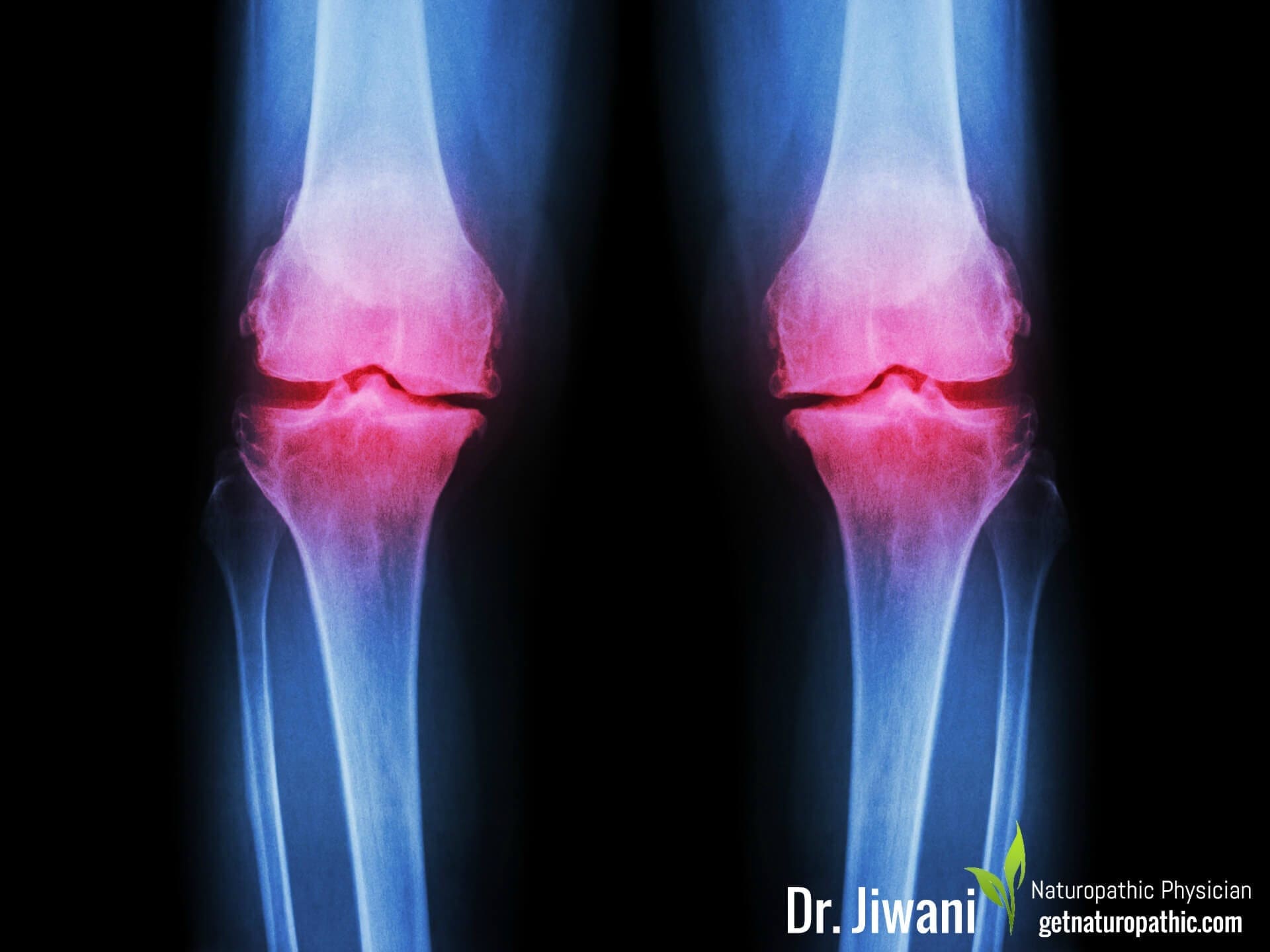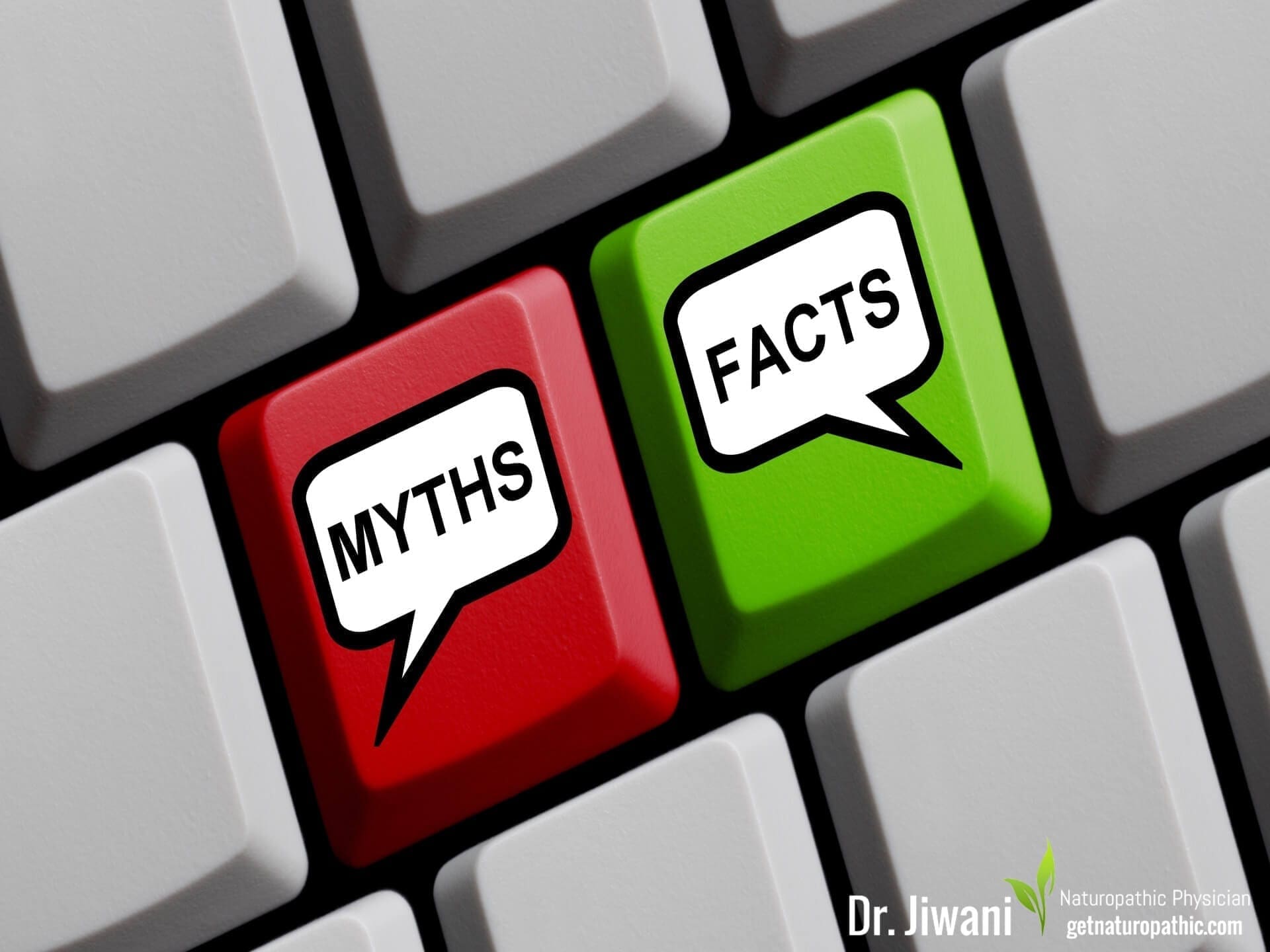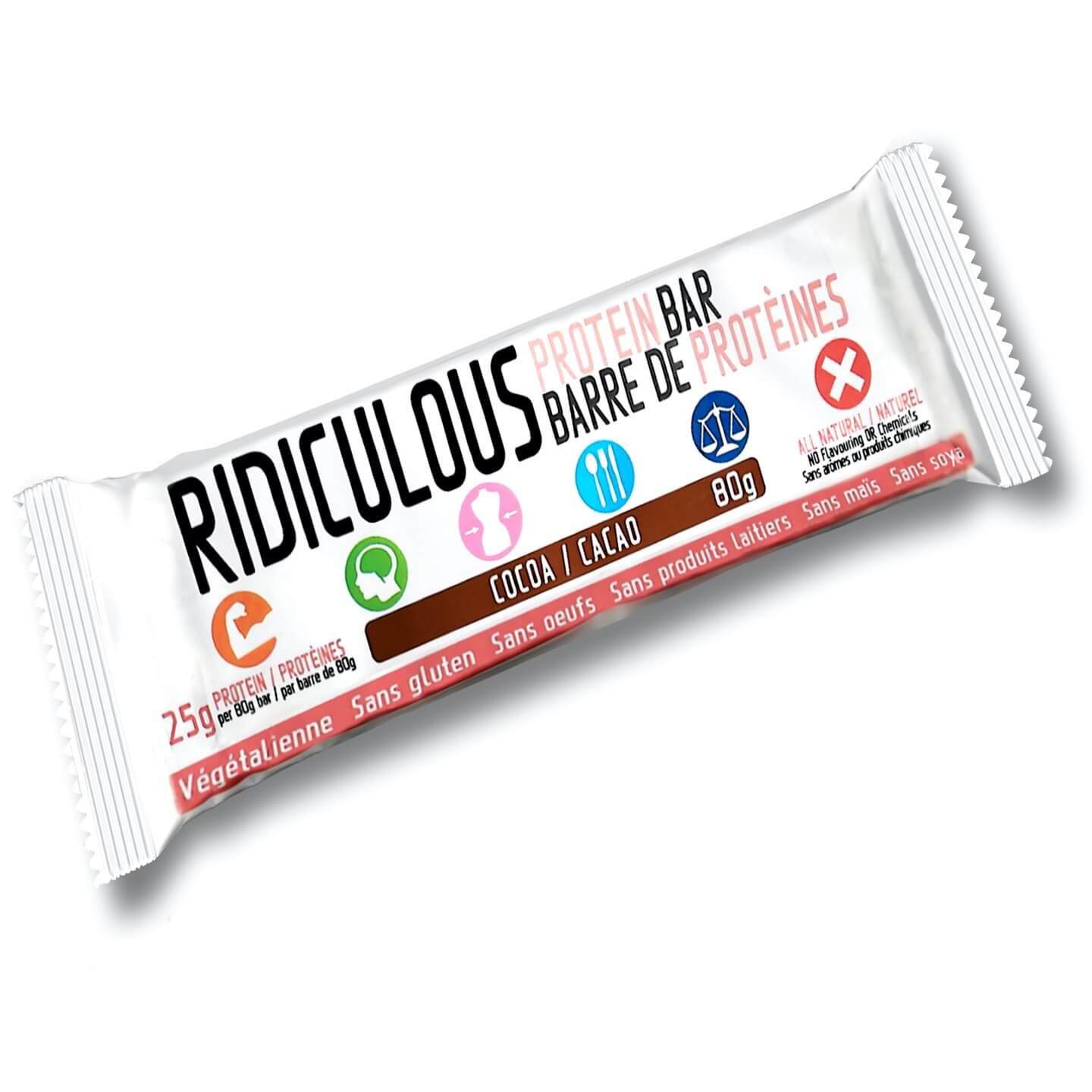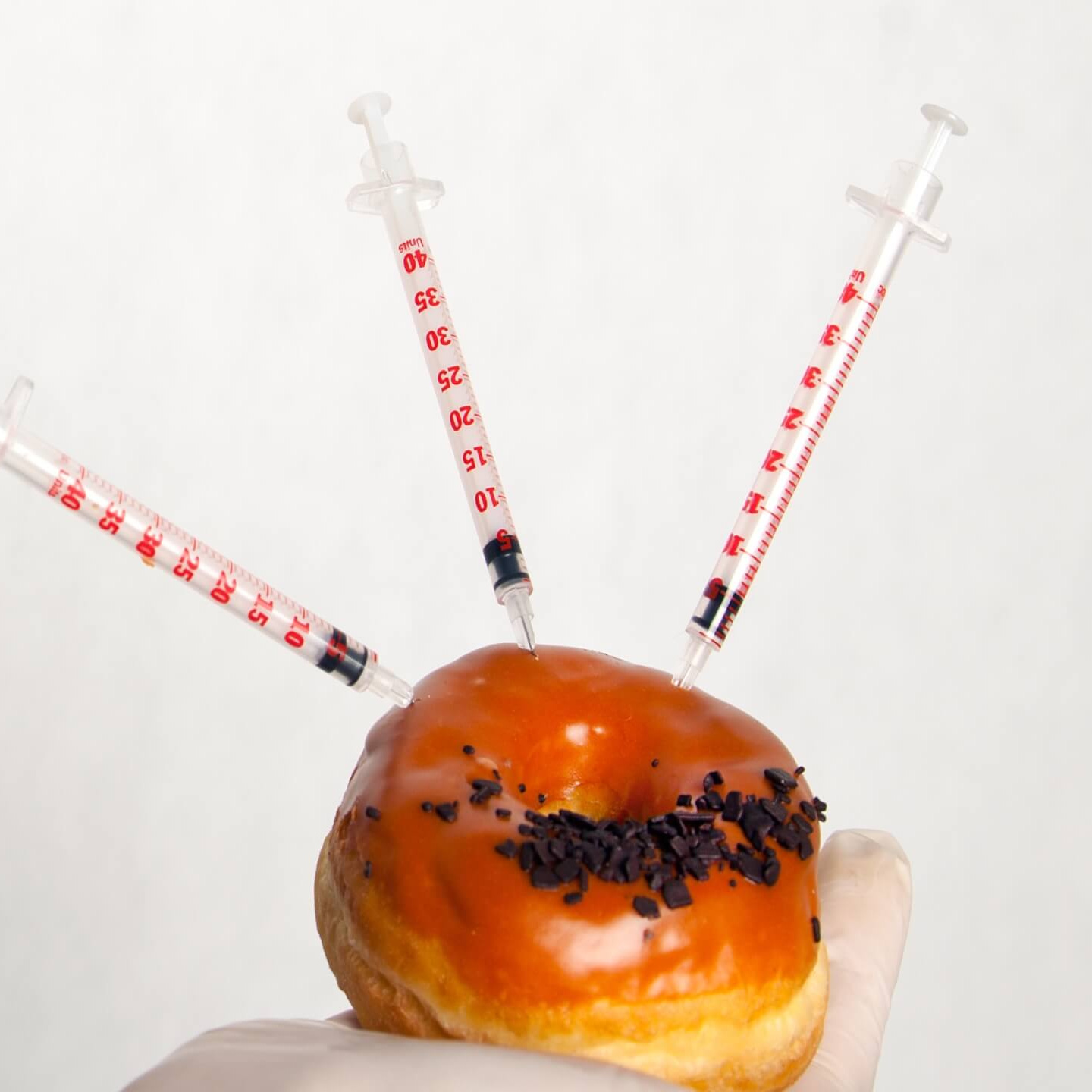Home »
Popular Posts
The Ketogenic Diet for Newbies: The Why, When & How of this Low Carb Fat Burning Regime
Naturopathic Nuggets about the Ketogenic Diet
- The Ketogenic Diet is a century old remedy for epilepsy, that is now proven neuroprotective, affecting other neurological disorders including Alzheimer’s & Parkinson’s Disease.
- The Ketogenic Diet has been researched to improve many conditions including Acne, Autoimmune Diseases, Cancer, Diabetes, Heart Disease, Metabolic Syndrome, Polycystic Ovary Syndrome (PCOS), Traumatic Brain Injury & Concussions and Obesity
- A ketogenic diet consists of 70% healthy fats, 25% quality protein and 5% carbs to trigger ketosis for optimal fat burning and weight loss.
- To reach ketosis it is critical to avoid eating too many carbs or too much protein as either can become fuel for the body & brain. The key is to minimize carbs and increase fat to promote fat burning but prevent starvation which would cause muscle wasting.
- Side effects of ketosis include constipation, diarrhea, heart palpitations, keto breath, keto flu, leg cramps, reduced stamina & fitness. They are often the result of dehydration and/or salt deficiency, and usually resolve within a few weeks.
- Please consult your licensed Naturopathic Physician for assistance with the Ketogenic Diet if you suffer from diabetes, heart disease, gallbladder or pancreatic disease, or are taking prescription medications.
Ketogenic Diet: What is it?
A ketogenic diet has been the foundational way of eating from our caveman days. This high fat, adequate protein, ultra low carb eating plan alters your body biochemically into a metabolic state called ketosis.
Epilepsy treatments have been investigated since 500 BC. It was originally documented in 1911 that starvation, a form intermittent fasting, reduced seizures dramatically. By the 1920s, the ketogenic diet was found to be a successful alternative, eliminating seizures in at least 50%, reducing them in another 27% and the realization, that minimizing carbohydrates improved brain function, was born (Wheless, 2008). Unfortunately, new anti-epileptic drugs made the recommendations of the ketogenic diet obsolete over time, making it a last resort alternative.
A ketogenic diet is when carbs are dramatically reduced to 5% or less than 20 grams, protein is limited to 25%, and fat intake escalates to at least 70% to replace the carbs, helping you feel full. When carbs are restricted, the liver converts fat into ketones for energy & brain function. Instead of surviving on carbs (sugars) for brain fuel, your body uses ketones from your fat stores, transforming your body into an efficient fat-burning machine. This is called ketosis. In fact, many clinical studies have supported the countless benefits that a ketogenic diet has on health, weight loss and disease prevention.
The Ketogenic diet is different from the Atkins diet in that the ketogenic diet highlights less protein, no deli or processed meats (bacon & ham) and healthier fats. While both diets are low carb emphasizing the body’s fat-burning effect, the ketogenic diet has a lot of research to validate its effectiveness.
The ketogenic diet is now being studied for its neuroprotective effect through improved cellular metabolism on other neurological disorders aside from Epilepsy, including Alzheimer’s Disease (AD), Amyotrophic Lateral Sclerosis (ALS), Autism, Brain Cancer, Headache, Neurotrauma (Traumatic Brain Injury), Pain, Parkinson’s Disease (PD) and Sleep Disorders (Gano, Patel, & Rho, 2014).
Ketogenic Diet: Why?
For many decades, the universally accepted diet in North America emphasized a high carbohydrate, low fat intake. However, recent studies verify this diet has backfired for the majority of North Americans.
Results from a long-term study by the Centres for Disease Control & Prevention indicate that in the last decade overweight North Americans have increased from ¼ to ⅓ of the population! As such, society is fatter and less healthy in view of all the health-related concerns associated with weight gain and nutrient deficiencies.
In fact, obesity is a growing epidemic worldwide, and increases risk for heart disease, high cholesterol, high blood pressure, diabetes and metabolic syndrome. Ketogenic diets have proven to be highly effective in the fight against not only Obesity (Bueno et al., 2013), but also Diabetes, Polycystic Ovary Syndrome (PCOS), Acne, Neurological Diseases, & Cancer while improving risk factors for Lung & Heart Disease (Paoli, Rubini, Volek, & Grimaldi, 2013).
Ketogenic Diet: No!
It is recommended that your should see your doctor for a health assessment before starting any dietary changes. You may want to seek the expertise of a licensed naturopathic physician to help you execute this appropriately for your health concerns.
There are some individuals that should not attempt the ketogenic diet without medical supervision by a doctor or licensed naturopathic physician.
This includes patients who are or have:
- Bariatric Surgery
- Breastfeeding
- Children
- Diabetes
- Eating Disorder
- Fever
- Gallbladder Disease or Removed
- Kidney Stones
- Mental Health Conditions
- Pancreatic Disease
- Pregnant
- Prescription Medications
- Sick with Infection
- Underweight
Ketogenic Diet: What to Eat
A ketogenic diet is ultra low carb. To reach ketosis it is critical to avoid eating too many carbs or too much protein as either can become fuel for the body & brain. The key is to minimize carbs and increase fat to promote fat burning but prevent starvation which would cause muscle wasting.
Counting carbohydrate amounts may be necessary at first until you come to understand which foods are beneficial to these goals, but if you eat the foods recommended you should achieve & maintain your fat burning status.
Healthy Fats 70% Quality Protein 25% Carbohydrates 5% ~ 20 grams
Protein
Meat, Poultry, Fish, Seafood, Wild Game, Eggs, Cheese, Organic Predigested Brown Rice Protein
Vegetables
Leafy Greens, Cruciferous Vegetables (Broccoli, Cabbage, Cauliflower), Zucchini, Cucumber, Celery, Asparagus, Bell Peppers, Jicama, Tomatoes, Onion, Garlic
Fats
Avocado, Coconut Oil, Olive Oil, Flax Oil, Hemp Oil, Butter, Ghee, Meat Fat, Cheese
Fruit
Berries in small amounts, Cranberries, Strawberries, Raspberries, Blackberries
Fibre
Ground Flax, Chia, Nuts, Seeds, Fruit & Vegetable Fibre, Shirataki Noodles (Konjac Yam Noodles)
Nuts & Seeds
Aim for raw, organic nuts & seeds, rather than roasted, salted or flavoured due to hidden sugars & allergens
Condiments & Spices
Herbs & Spices, Coconut Aminos (Soy-Free Seasoning Sauce), Guacamole, Lemon / Lime Juice (Fresh), Nut & Seed Butters, Tahini Sesame Seed Butter, Tomato Paste, Pico de Gallo (Salsa)
Beverages
Water, Coffee, Tea, Herbal Teas, Unsweetened Nut Milks, Mineral Water
Complete List of Foods to Eat on a Ketogenic Diet…
Ketogenic Diet: What Foods to Avoid
Sugars and carbs are hidden in many foods including condiments, sweeteners, deli meats, processed foods, legumes, starchy vegetables, grains, fruits, beer & wine, soda & juices, bread, rice, pasta, potatoes, pastries, chocolates & candy.
Complete List of Foods to Avoid on a Ketogenic Diet…
Ketogenic Diet: Health Benefits
The ketogenic diet has been well researched to beneficially affect many different conditions including:
- Acne
- Alzheimer’s Disease
- Appetite Regulation
- Autoimmune Diseases
- Cravings
- Belly Fat (Visceral Fat)
- Cancer
- Cholesterol Imbalances
- Diabetes Type 2
- Epilepsy
- Heart Disease
- High Blood Pressure
- Inflammation
- Insulin Resistance
- Metabolic Syndrome
- Muscle Gain
- Parkinson’s Disease
- Polycystic Ovary Syndrome (PCOS)
- Traumatic Brain Injury & Concussions
- Weight Loss
Learn More on the Health Benefits of the Ketogenic Diet…
Getting into Ketosis with a Ketogenic Diet
It can be overwhelming to know where to start with a ketogenic diet so here are the ideal steps:
- Reduce Carbs: 20 grams per day is ideal and should trigger ketosis. Detailed AVOID List ***Most Critical Aspect of Ketogenic Diet***
- Limit Protein: Ideal intake of protein is 1 gram per kilogram of weight, as too much protein can convert to sugar, reducing ketosis and limiting your fat burning. Detailed FOOD List
- Increase Fat: Ideal amounts of fat should be higher at 70% of your total calorie intake, as the fat makes you feel full, triggers ketosis and prevents starvation related muscle wasting. Starvation is not sustainable and that is the difference between that and ketosis. You know you are eating enough fat when you feel satisfied and energetic.
- Drink 1st, then Snack if still hungry: although calorie counting is not critical with ketosis, unnecessary eating affects ketosis, reducing weight loss. Opt for Keto-Friendly Snacks for when you are hungry.
- Intermittent Fasting: to expedite ketosis and for optimal health, add a longer fasting period of 14 – 16 hours, only eating for a period of 8 – 10 hours.
Signs You’re In Ketosis with a Ketogenic Diet
You can test your urine, blood or breath to validate that you are in ketosis. However, there are functional signs that occur to let you know that your ketogenic diet is turning you into a fat burning machine. These include:
-
- Dry Mouth, Metallic Taste
- Increased Energy, Mental Clarity: often after the first few days of “keto flu” as the body fat-adapts
- Increased Thirst
- Increased Urination
- Keto Breath: fruity, similar to nail polish remover smell of ketones
- Loss of Appetite: ketosis fuels body from fat stores reducing hunger, automatically promoting health through intermittent fasting
Measuring Ketosis on a Ketogenic Diet
URINE
Testing urine with Ketostix® is the cheapest & simplest way to measure ketosis. Most pharmacies will have Ketostix®. Insert the strip into your urine stream and wait 15 seconds for the colour change. The darker the purple, the greater the amount of ketones in your urine reflecting your ketosis status. Long term, urine strips will not work, as they only measure the type of ketones initially produced in the first 3 weeks.
BREATH
Although breath analyzers are initially more expensive, they are more accurate and cost effective than measuring ketones through urine & blood.
BLOOD
Ketones measured by blood ketone meters, similar to glucose meters, are the optimal way to measure ketosis throughout your ketogenic lifestyle. The running cost for blood strips makes this more expensive at ~$2 per test. When testing blood ketone levels, ideal ketosis levels are 1.5 – 3 mmol/l for maximal fat burning.
Ketogenic Diet: Side Effects
Starting the ketogenic diet can bring about some challenging symptoms, as your body converts from burning carbs for energy to burning fat for energy. Most times the symptoms are mild & self-limiting, although some people feel amazing from the onset of ketosis around day 2-4. Common ketosis symptoms include constipation, diarrhea, heart palpitations, keto breath, keto flu, leg cramps, reduced stamina & fitness. Often these symptoms can be avoided by ensuring greater amounts of Fat, Water & Himalayan Salt than you would normally require.
Learn More on the Side Effects of the Ketogenic Diet…
Ketogenic Diet Myths
References
Freedman MR, King J, Kennedy E. Popular diets: a scientific review.
Ketogenic diet [Internet]. En.wikipedia.org. 2018 [cited 28 October 2018]. Available from: https://en.wikipedia.org/wiki/Ketogenic_diet
New Adult Obesity Maps [Internet]. Centers for Disease Control and Prevention. 2018 [cited 14 October 2018]. Available from: https://www.cdc.gov/obesity/data/prevalence-maps.html
Wheless JW. History of the ketogenic diet. Epilepsia. 2008 Nov;49:3-5.
This information is for educational purposes only and does not advocate self-diagnosis. Due to individual variability, consultation with a licensed health professional, such as a licensed naturopathic physician is highly recommended, prior to starting a natural treatment plan. For further information, see Terms of our Website.
Follow Dr. Jiwani
Popular Posts


